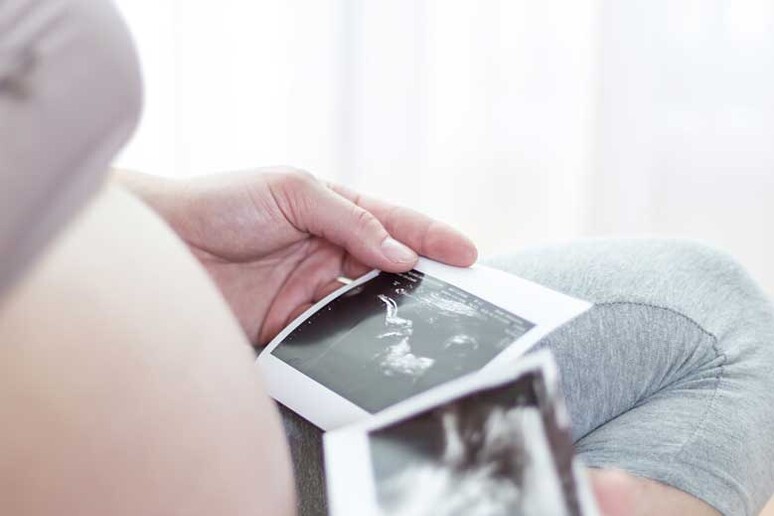In a divided country, marked by the end of federal protection for the right to abortion, a case has emerged that raises profound and disturbing questions. A woman in Georgia was arrested following a miscarriage. What happened to Selena Maria Chandler-Scott is now at the center of a case that is shaking public opinion.
It was March 20 when emergency responders intervened at an apartment in a rural area and found the young woman unconscious and bleeding. After being rushed to the hospital, she was charged with concealing the death of a newborn, after a witness reported seeing her hide the remains in a dumpster. However, the charges were later proven to be unfounded: an autopsy performed on the fetus determined that it was not viable at the time of delivery and that it had been a natural loss, occurring around the nineteenth week.
What happened to Chandler-Scott, however, was not an isolated incident but rather an increasingly concerning phenomenon that leads to the criminalization of pregnancy interruptions. According to experts and activists, this is a growing trend after the 2022 Dobbs ruling, which overturned the historic protections provided by Roe v. Wade.
The charges in the case were based on the LIFE Act, a state law that grants legal personhood to the fetus from the moment a heartbeat is detected, typically around the sixth week.
Jill Wieber Lens, a law professor at the University of Iowa and a specialist in reproductive law, explained through research that a significant percentage of pregnancies, between 10% and 20%, end spontaneously in the early months. She also noted that if the biological remains of an abortion are legally equated to a “corpse,” many women could face criminal prosecution simply for the way they dispose of them.
The case recalls other incidents, such as that of Brittany Watts, who was charged in 2023 in Ohio with mishandling a spontaneous miscarriage. Although the woman was later acquitted, she described the entire experience as traumatic and expressed concerns that similar situations could recur.
The reproductive rights group, Pregnancy Justice, believes that at least 210 pregnant women, in the first year after the Dobbs ruling, were charged, with a higher incidence among African Americans, disadvantaged, or those with addiction issues.
Monica Simpson, director of SisterSong, a reproductive justice organization based in Atlanta, accused states like Georgia of severely undermining the health and rights of pregnant women. She also highlighted the case of Amber Thurman, who died after being forced to wait for hours for a procedure that could have saved her life.
In a context where reproductive health is increasingly subordinated to a punitive logic, the story of Selena Chandler-Scott serves as a warning. Although her nightmare ended without a formal conviction, the deeper process, involving public opinion and institutions, is just beginning.












